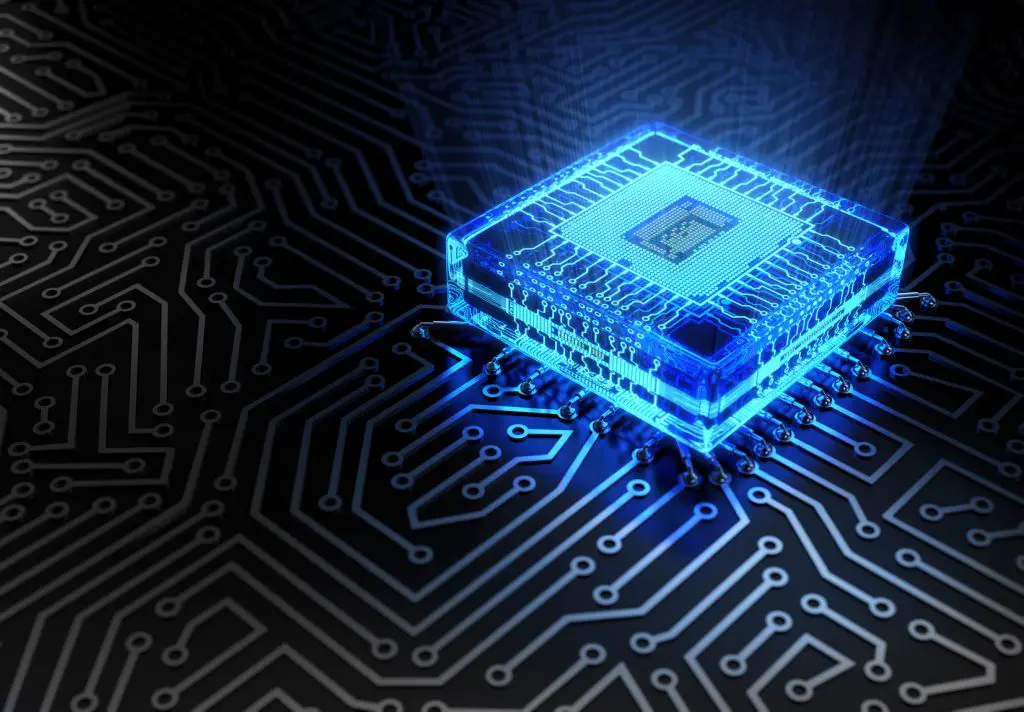Ireland’s University College Cork is leading a research project that manages to reclaim over 95% of recycled copper, aluminium, steel and solder from the e-scrap waste stream by combining two patented recycling methods. Parties involved in the RecEOL project confirm that the breakthrough process exceeds the current recovery rates of 70-80%.
Composite Recycling Ltd developed a patented printed circuit board recycling process, which treats the input with nitrogen and uses molten salt at temperatures of 350-400°C to recover valuable metals in only 15 minutes. The technology requires no shredding of printed circuit boards, thus not losing any metallic content and significantly reducing capital and operational costs compared to traditional processes.
‘The first of its kind’
Researchers note that this represents ‘the first recycling technology of its kind’ to efficiently capture critical and technology metals, such as indium and tantalum from e-scrap. In fact, recovery rates for metals metals like indium and tantalum are now between 50-80%
Another advantage is that other product such as LCD screen and batteries may also be treated, as well as automobile shredder residue.
Consortium of experts
The RecEOL inititiave is co-funded by Ireland’s Environmental Protection Agency and Geological Survey Ireland, as well as the ERA-MIN2 funding programme. Ultimately, the RecEOL project aims to build a pilot plant to show that a scaled-up commercial plant is economically viable.

Dr Frank Riedewald of Composite Recycling Ltd. joined forces with Dr Maria Sousa Gallagher of the University College Cork’s Environmental Research Institute to bring the innovation to new heights. Other prominent international partners are also backing up the project, including; Freiberg Technical University (Germany); Coolrec (Belgium); Alumisel (Spain); and Muldenhütten Recycling und Umwelttechnik (Germany).
Dr Sousa Gallagher comments: ‘The RecEOL project brings together a multi-disciplinary, multi-national consortium from industry and academia to solve the challenges while realising the recycling business opportunities. This project will provide the scientific evidence that the process works and uses this evidence to design a full-scale plant for incorporation of the technology into the circular economy.’
Don't hesitate to contact us to share your input and ideas. Subscribe to the magazine or (free) newsletter.



